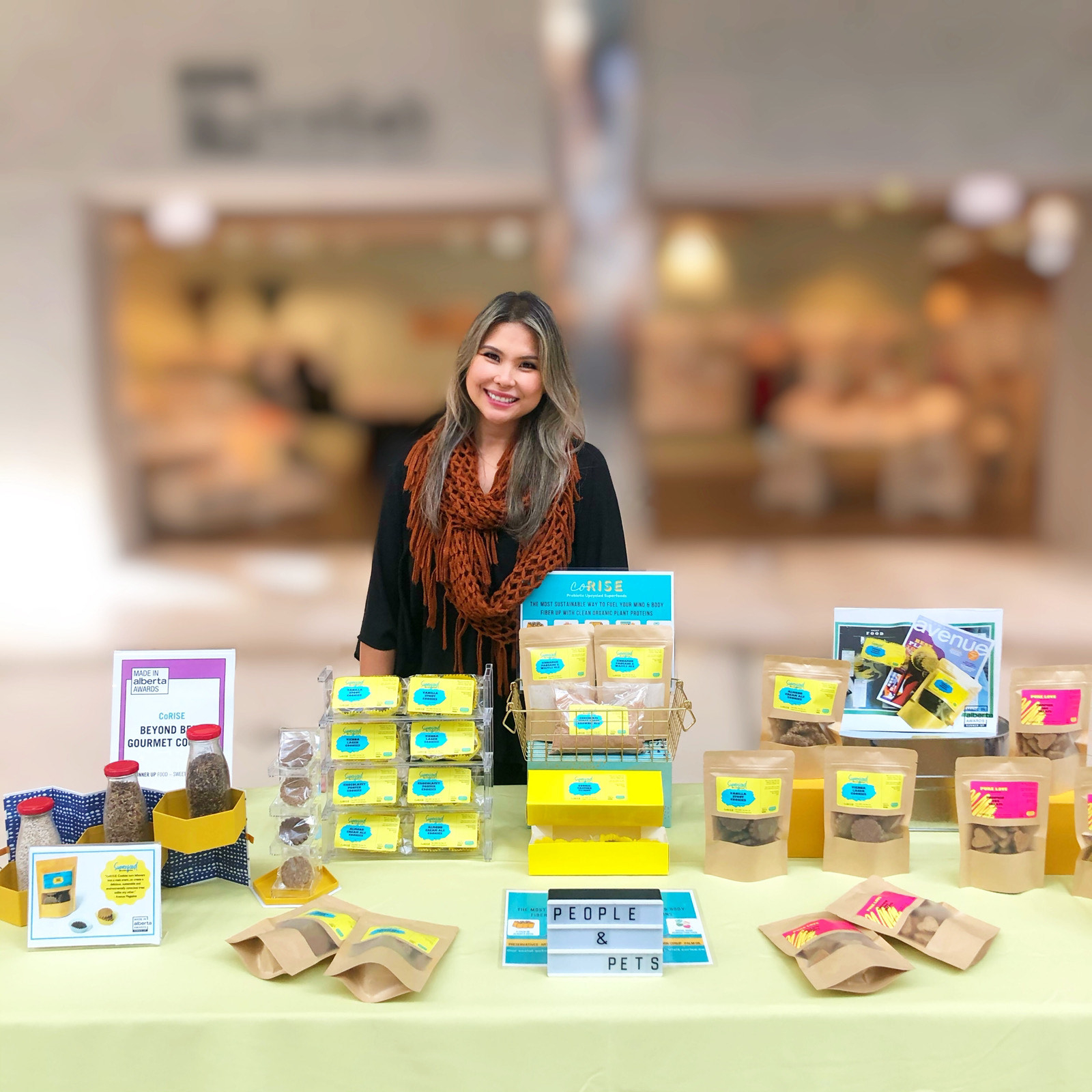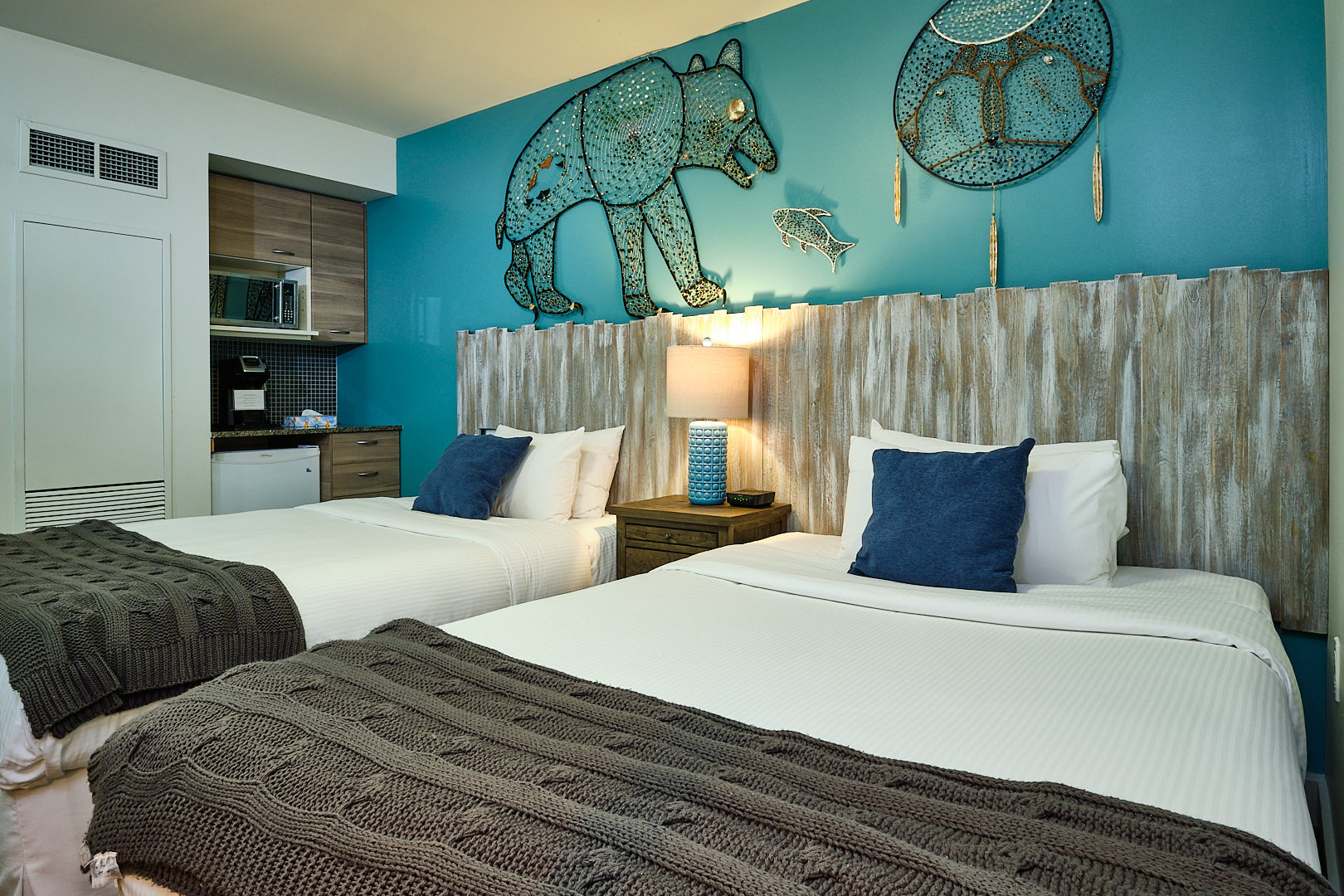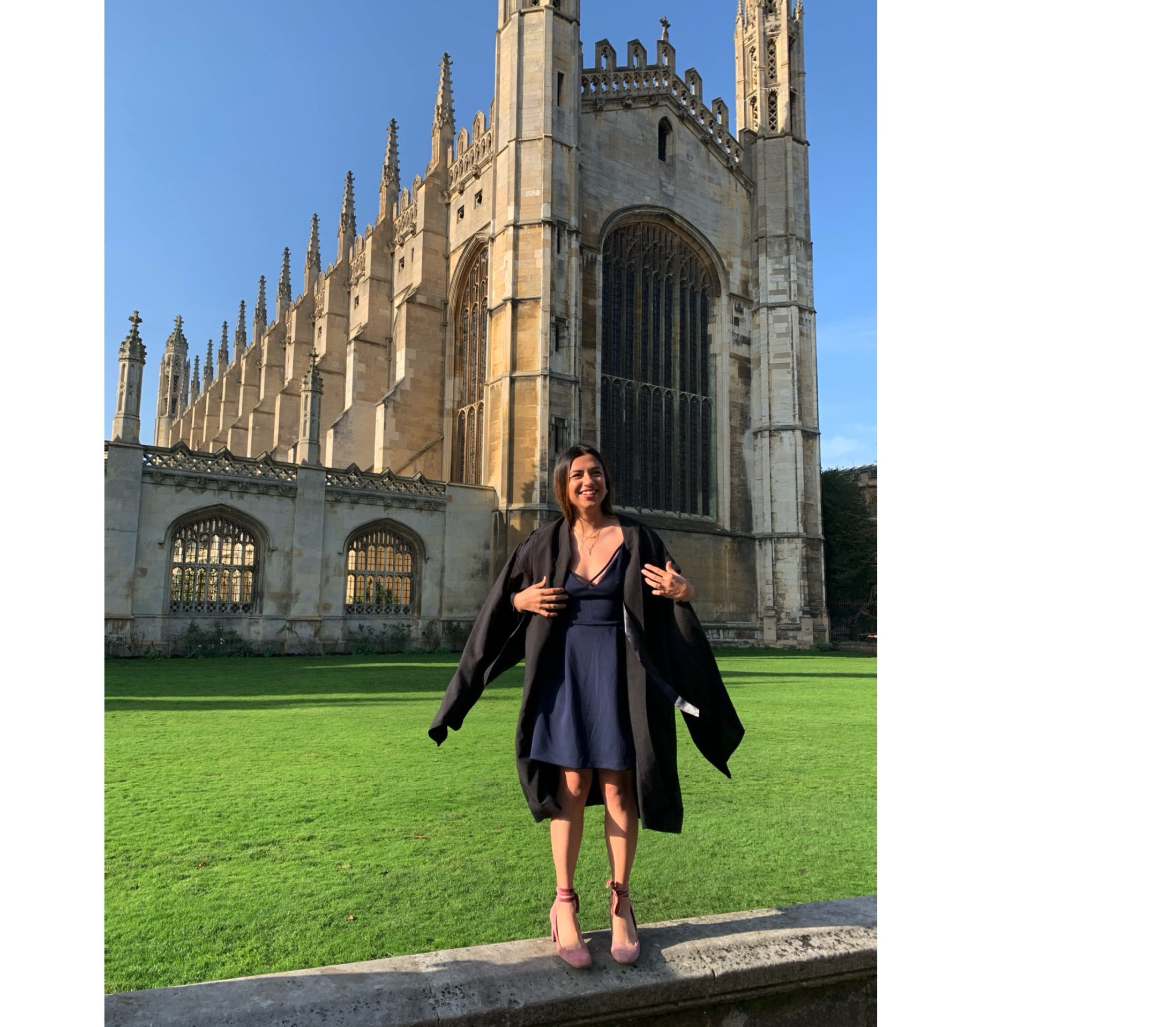
Announcing $2,500 for each of the 10 finalists for What’s Next YYC
The Trico Charitable Foundation, in collaboration with the Trico Foundation Social Entrepreneurship Centre at the Haskayne School of Business, is pleased to announce a new special perk for What’s Next YYC finalists.
What’s Next YYC (WNYYC) will showcase ten exciting Calgary and area based social enterprises that have already won awards or successfully completed a local social enterprise support program. It looks to answer “what’s next?” on the journey for these organizations.
New Perk: For 2021 each of the 10 finalists of WNYYC will receive the option of either anonymously keeping $2,500 or anonymously giving $2,500 to a fellow finalist.








